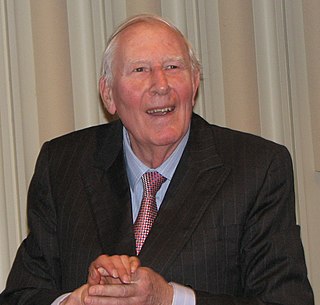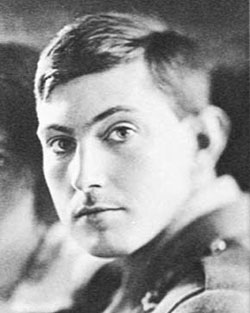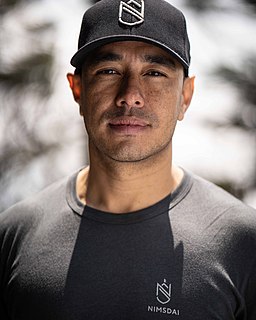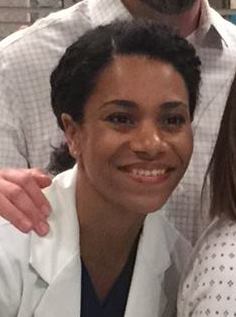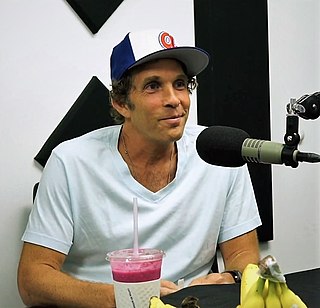A Quote by Neil deGrasse Tyson
The people that first climbed Mt. Everest weren't scientists, right, they were adventurers. If you're an adventurer, you want to go yourself. It's different than a scientist, who is simply wanting to learn.
Related Quotes
Everest has a special place in all of our imaginations. For centuries, Everest was a little bit like the moon. It was the place where everyone wanted to go. Empires wanted to be able to say that they were the first to put a climber on top of Everest. So when a tragedy happens up on that mountain, I think it has a global resonance. Everybody's heard of Everest. Everybody knows what Everest is and what it means, and the significance.
The scientists I looked up to at the beginning were not Latino. They were famous scientists of many years ago, like Madame Curie. Later, I realized that there were also, but a very few, Latino scientists. There were good ones, but very few, because there wasn't as much a tradition to be a scientist in our culture. But this is changing.
. . . hell is wanting to be somewhere different from where you are. Being one place and wanting to be somewhere else . . . . Wanting life to be different from what it is. That's also called leaving without leaving. Dying before you die. It's as if there is a part of you that so rails against being shattered by love that you shatter yourself first.
Acting is a job you can learn a lot in. You get to play lots of different characters with different professions and different backgrounds; they come from different places than you do, so it's really fun when you're immersing yourself in that world of that person to learn about how other people's lives are.




